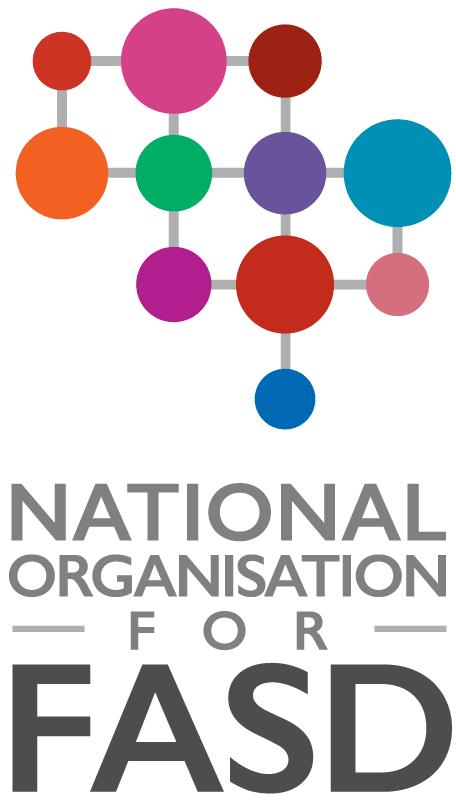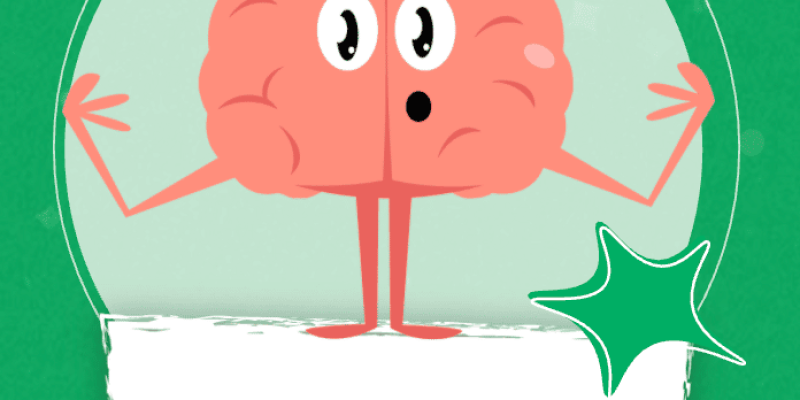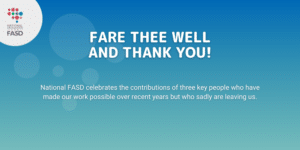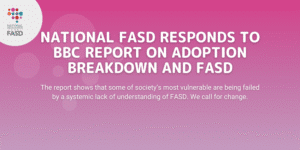For immediate release
10 November 2020 (London) – The National Organisation for FASD is pleased to announce the launch of an innovative new website www.FASD.me designed to help young people with Fetal Alcohol Spectrum Disorder in the UK understand and own the diagnosis. Created with input from dozens of individuals with FASD, their families, and a team of some of the UK’s leading FASD medical and educational experts, this website breaks new ground.
It is designed in collaboration with people with FASD to allow children and young people and those supporting them to investigate the condition at their pace and level of understanding. Interactive games allow people to understand what helps make life easier and a developing bank of personal stories and experiences shows users that there are many diverse people living with FASD in the UK.
It will be the basis of a new 3-day training for practitioners working with young people to help them take on board their diagnosis and strategies that can help. It includes an interactive comic, “My Brain, Me and FASD” that takes the user on a journey of understanding, created with one of the country’s leading charity e-learning experts, the Little Man Project.
National FASD developed this website as part of a “Me and My FASD toolkit.” It’s a central part of a partnership project between Seashell and National FASD, funded by the Department of Health through its first-ever grant programme for FASD. Other parts of the project include co-development of “Best Practice in FASD Training” and “FASD: UK Preferred Language Guide,” and a one-day “Introduction to Supporting Children and Young People with FASD” training.
A committee of adults and young adults with FASD advise on this project. In addition, more than 70 young people with FASD provided input into the development of resources on the website, including “Walk Along With Me” and “I Get Through,” two new songs created for the project. A new board game is also underway. The committee chose to call the game, “The Misunderstoods: A Game of Life with FASD.”
These young people want the world to understand FASD. Their optimism refutes professionals who say that because FASD is lifelong brain damage, it doesn’t help to have the diagnosis. People with FASD disagree. They want to empower others like them, hopefully to avoid some of the challenges many of them have faced and to have brighter futures.
Knowing about FASD has helped me because I've made a lot more people aware that weren't and been able to get a lot more support in my job.
Georgia, 18
She said her biggest hope for the future is to make people aware of hidden disabilities and to “spread the word about FASD to try and help people that also have FASD.” Georgia recently got her driving licence. It helped, she said, that she was able to speak openly with her instructor about her disability. She encourages others with FASD to “give it a go” if there is something they’d like to try.
My biggest hope for the future is that people will understand FASD more so they can help people like me and the next generation.
Rachel, 18
In one video on the new Me and My FASD YouTube channel, Rachel tells young people with FASD, “All we want is support love from everyone around us.” She said, “We are human we’re not aliens from another planet.” “We can have a laugh we are like other people. We just might have a few quirks but some of the quirks are better than not having any quirks. I’ve got happier just trying to be myself and not trying to be other people.”
Nyrene, who is 46, married and the mum of three adult children, was exposed to alcohol in pregnancy. She has been fighting for nearly eight years for her right to access a diagnosis. She said understanding how FASD may have impacted her life has helped her.
It answered a lot of my questions in like why I was delayed in certain things and how day-to-day things really affected me. I was diagnosed with dyslexia at 20 and always knew something else just wasn't quite right.
Nyrene, 46
She said, “it’s very important to ensure the correct support and funding is in place to get everyone the diagnosis that they need.”
Rossi, 18, who is featured as the voice in the interactive comic and can be heard in the songs and other parts of the website wants other young people with FASD to explore their creativity.
Life with FASD has its ups and downs, negatives include being globally delayed in comparison to my peers, causing them to see me as childish. A major positive is the fact that I can see what others can’t and think outside the box creatively.
Rossi, 18
“My biggest hope and dream for the future is to help other people with invisible disabilities learning how to do makeup and anything creative.”
I want people to understand how to deal with FASD. I want people to know that my invisible disability does not make me invisible.
Balie, 18
Bailie hopes to do professional sports in the future. She said, “Having FASD is not stopping me from doing the things I love for example horse-riding and dance. Having FASD makes me feel special.”
Andy, 29, recognises the challenges. He says,
Day to day life can be a struggle and tasks can take longer to do.
Andy, 29
Andy doesn’t let that stop him. He has coached football in Uganda, spent time in Finland and is very active in supporting community projects in his local area. He says his “biggest hope for the future is probably being able to go out and do some more coaching and helping out others learn different cultures.” Andy regularly speaks about his FASD in the media and at awareness raising events.
Claire, 26, said it’s important for people to understand FASD because it’s confusing when you have it.
Every day is different. Lots of ups and downs. One day I’ll be able to do something and the next day I won’t. It’s frustrating.
Claire, 26
“At its core, this website is about hope for the future. It’s about flipping the narrative and looking at what people with FASD can do and what they can accomplish with the right support and understanding around them,” said National FASD Chief Executive Sandra Butcher. “It’s about providing access for young people with FASD to information they need to help them manage their condition and to become self-advocates. It’s about what was lacking for my own son when we as a family were trying to make sense of the world following his diagnosis. It’s about being guided by those with FASD who understand their needs best. One website doesn’t have all the answers, not by a long way as deep systemic change is needed here in the UK to properly address the complex condition that affects more than autism. But it fills a gap while we wait for the change that is coming with the new NICE Quality Standard on FASD that is due in 2021 that hopefully will spur on necessary changes.”
Brian Roberts, a former virtual school head who was involved with development of this site said, “I believe that this unique resource will make a huge impact to the lives of children and young people who have been affected by FASD. It gives the most up to date information and advice available in a format that encourages interest and exploration of the topic. Users will soon realise that they are not alone, can succeed and that there are strategies and support that will make all the difference ”
For more information: [email protected]



